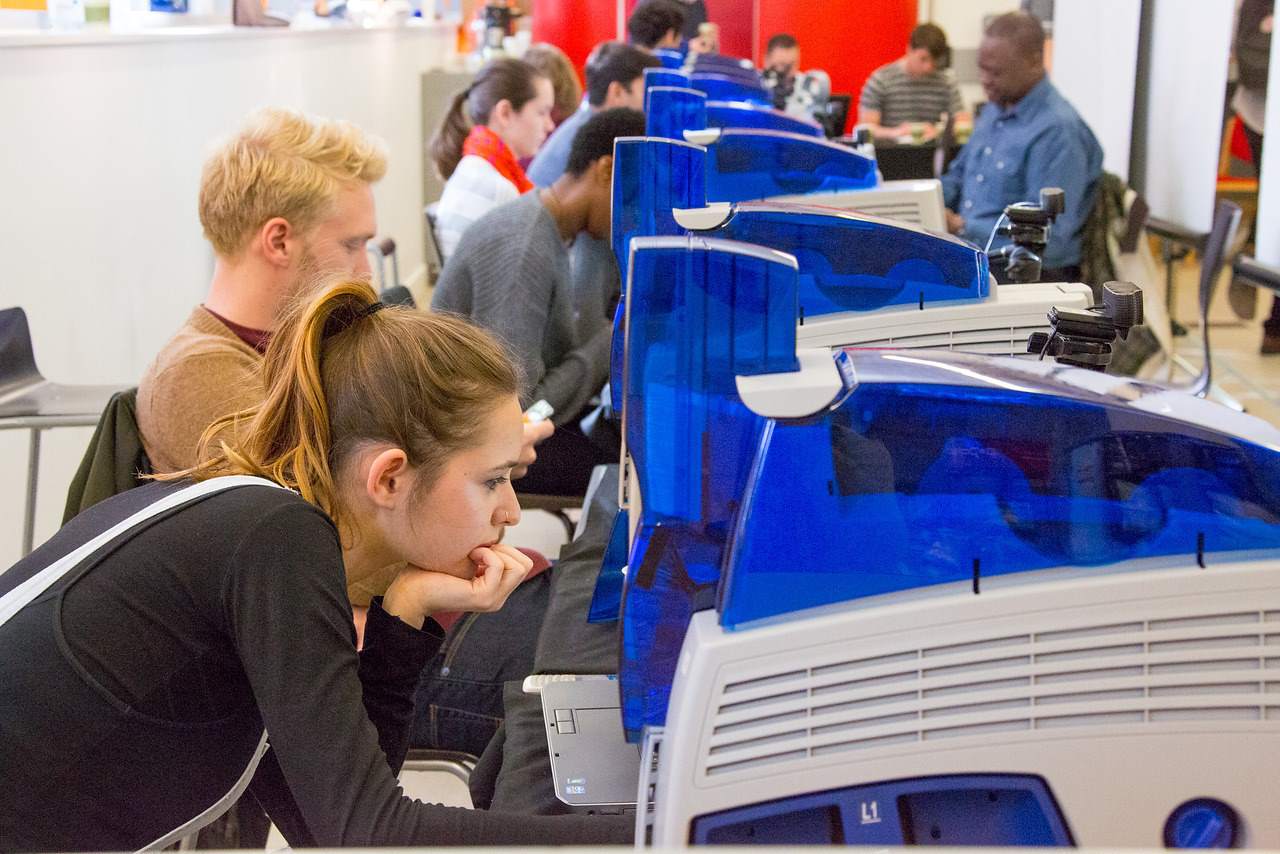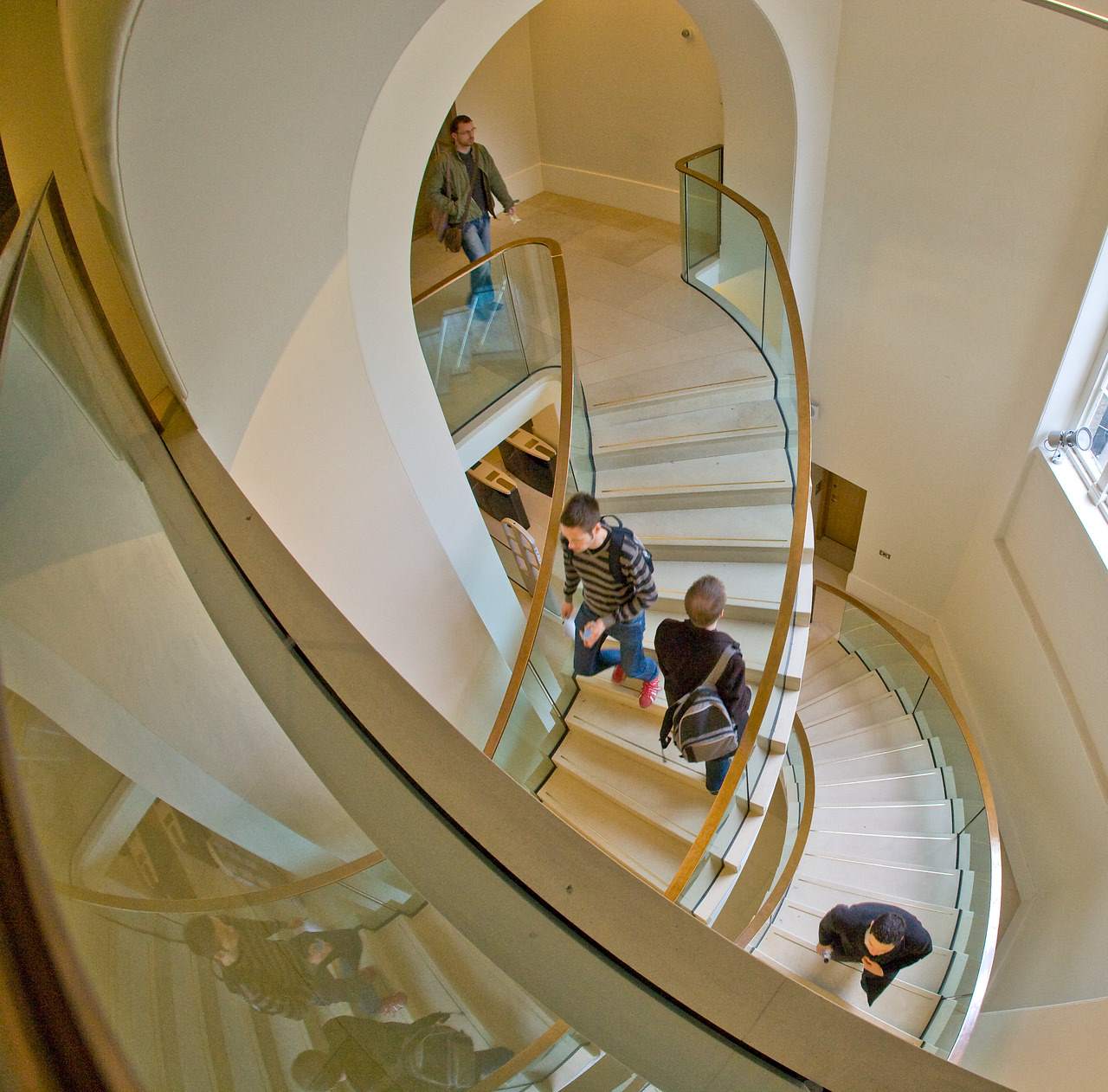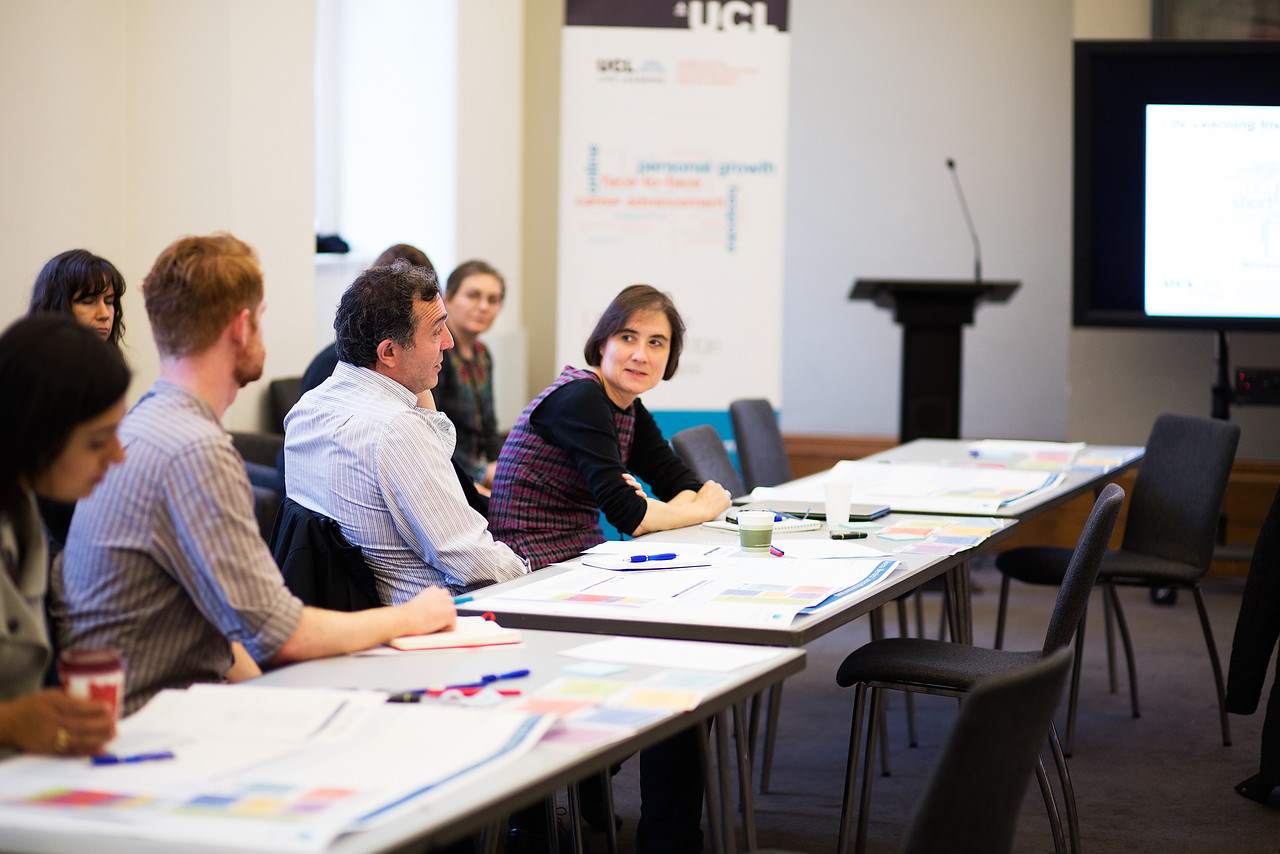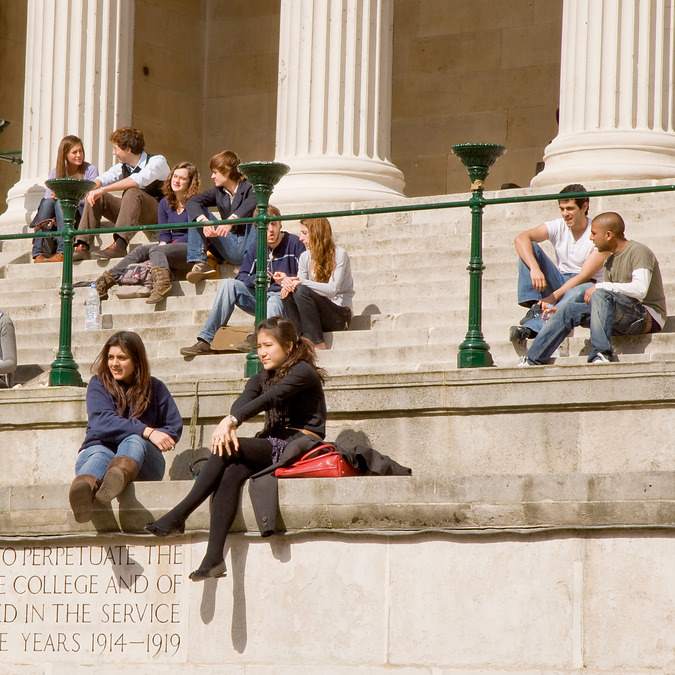The transformative potential of MOOCs and contrasting online pedagogies

The aim of this project was to investigate the transformative potential of digital technologies, such as MOOCs, in higher education.
About this project
The response of higher education systems to the possibilities of digital technologies has been sporadic and localised. System-level initiatives relate more to administration and research than to education, while institution-level responses focus mainly on installing virtual learning environments.
One area where digital innovation in HE has been rapid and large-scale is the phenomenon of the spread of massive, open, online courses (MOOCs). The top universities in the US, a few in the UK, the EU, the Far East, Australia, and now also in parts of the Global South, have experimented with this form of HE.
The transformative potential of MOOCs, while widely forecast, is still uncertain, for several reasons:
- MOOCs have done little to transform undergraduate education, as some 80 per cent of participants are highly qualified professionals.
- MOOC affordances and the large-scale participation rates are incompatible with the personal nurturing and scaffolding that supports high quality student learning.
- Universities and platform developers are still developing the business models they need to make MOOCs sustainable, and financially viable.
For these reasons, the field will undergo considerable change and development over the next few years as providers experiment with new pedagogies and new business models.
There are several properties of MOOCs that lead to expectations of their transformational potential, for example:
- University senior teams see strategic opportunities and create more investment in innovation for MOOCs than they do for the migration of undergraduate courses to online and blended versions.
- Because they are free, open, and accessible by all countries, there is an assumption that MOOCs have the potential to solve some of education’s hardest challenges.
- The platforms provide extensive learning analytic data in comparison with the VLEs used by most universities. This creates the possibility of transforming certain kinds of educational research on how students learn, and what counts as effective pedagogy.
Research questions
- Could MOOCs potentially match the personalised support for individual students of current HE models?
- Could they do this with significantly more efficient use of teacher time to make it affordable for the many?
- Do MOOCs imply a future of star professors and a casualised tutorial support network? The findings of the CGHE project The future higher education workforce in locally and globally engaged HEIs will inform the investigation of this latter question.
- Could there be a future model for higher education that goes beyond the current dominant model of campus-based education with a 1:25 staff:student ratio? Such alternative models may emerge from the findings of the CGHE project Alternative, emerging and cross-border higher education provision and its relationship with mainstream provision, which will inform the further investigations in this project.
- Which digital pedagogies provide learning activities and experiences that are effective for undergraduate students?
- Which digital pedagogies achieve significantly higher productivity of educator time?
Project methods
This project tested potential learning benefits and teaching time costs of different models of large-scale online courses.
It used learning analytic data collected by MOOC platforms, and from participants, to test new instances of pedagogic theory and practice, including tutor-supported collaborative learning, students as co-producers, and informative feedback that assists learning.
The UCL MOOCs running from 2015-18 covered different topic areas, and different levels of education, yielding rich datasets, including pre- and post- survey data, learning analytic datasets on participation and engagement, and contributions to both open-ended and focused discussion forums.
UCL was a partner of FutureLearn, and the team worked with them to propose new types of data to be generated from MOOCS as formative feedback to teachers and learners.
The methodology involved a mix of quantitative methods using data from the platform analytics and online surveys, and qualitative methods using data from the course contributions and assignments by participants, and from interviews.
This project ran from March 2017 until September 2019.
Team
Publications
- Laurillard, D., & Kennedy, E. (in press, 2020). The role of higher education in upscaling global professional development through open, online collaboration. In C. Callender, W. Locke and S. Marginson, Changing Higher Education for a Changing World. London: Bloomsbury.
- Kennedy, Swinnerton, Morris, Hawksey, Laurillard (submitted). Enrolment to impact: A mixed methodology for MOOC value creation. The Internet and Higher Education.
- Laurillard, D. (2019). Massive Open Online Courses (MOOCs) In M. David & M. Amey (Eds.), The SAGE Encyclopedia of Higher Education. Thousand Oaks, CA, USA: SAGE Publications Inc.
- Kennedy, E., & Laurillard, D. (2019). The potential of MOOCs for large-scale teacher professional development in contexts of mass displacement. London Review of Education, 17 (2): 141–158.
- Laurillard, D., Kennedy, E., Charlton, P., Wild, J., & Dimakopoulos, D. (2018). Using technology to develop teachers as designers of TEL: evaluating the Learning Designer. British Journal of Educational Technology.
- Laurillard, D. (2018) Teaching as a Design Science: Teachers building, testing and sharing pedagogic ideas, in Joke Voogt, Gerald Knezek, Rhonda Christensen and Kwok-Wing Lai (eds), Springer International Handbooks of Education. Handbook of Information Technology in Primary and Secondary Education, Springer, New York.




